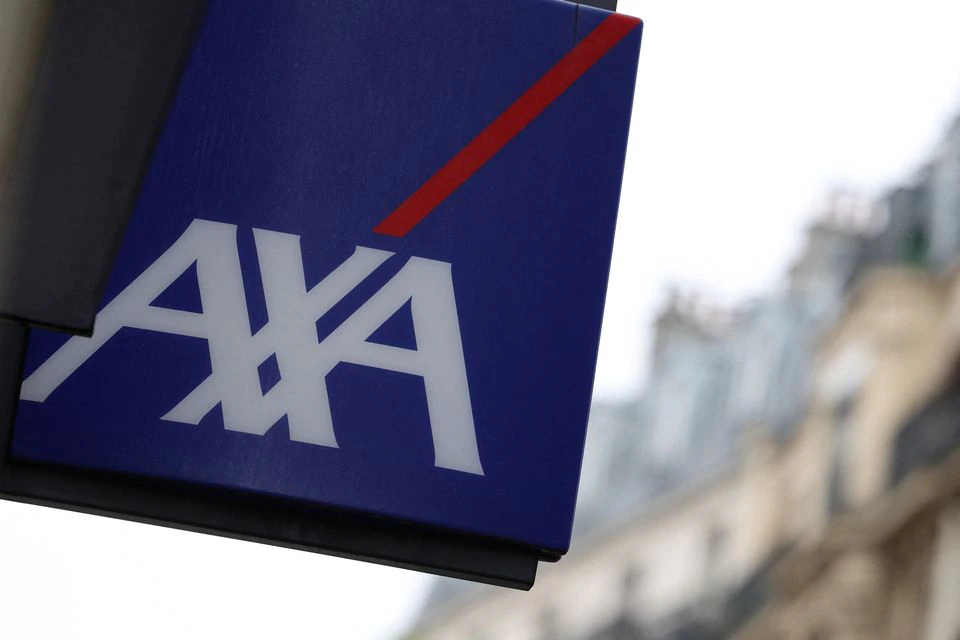
On an otherwise routine Monday, Nigerian President Bola Tinubu breathed life into a transformative legislative initiative geared towards providing a brighter, more equitable future for the nation’s higher education students. The President appended his signature to a ground-breaking bill for the establishment of an education bank. The mission of this newly minted entity is to provide Student Loan Bill to Nigerians desirous of attaining advanced education, thus opening up avenues of opportunity previously beyond their reach.
This news was shared with the media by Dele Alake, a prominent member of Mr. Tinubu’s inner circle, who took the time to enlighten the state house correspondents about this monumental development.
The architect of this visionary Student Loan Bill, the erstwhile Speaker of the House of Representatives, Femi Gbajabiamila, had initially introduced it back in 2016. His intention was to bridge the worrying financial chasms within Nigeria’s tertiary education sector. Having been named as the new Chief of Staff to President Tinubu, Gbajabiamila will officially assume his new role on Wednesday, a day succeeding the conclusion of his tenure as the speaker of Nigeria’s lower house.
The legislation, christened “An Act to Provide Easy Access to Higher Education For Nigerians Through Interest-Free Loans From Nigeria Education Bank Established in this Act with a View To Provide Education for All Nigerians and for Related Matters,” reveals its commitment to furthering the educational ambitions of all Nigerians.
Throughout his presidential campaign, as the flagbearer of the All Progressives Congress, Mr. Tinubu repeatedly pledged to prioritize the establishment of the education bank. He recognized it as a crucial mechanism for enhancing accessibility to high-quality tertiary education.
Under the banner of his manifesto, “Renewed Hope”, he wrote, “We will institute a pilot student loan regime…this will expand access to education to all Nigerians regardless of their backgrounds.” He further emphasized the dual benefit of this policy, asserting it would not only empower students but also enable academic institutions to levy more realistic tuition fees. However, mindful of the current employment scenario and other prevailing conditions, he insisted the loan program would have a capped borrowing limit and must incorporate flexible repayment provisions.
In the existing education landscape of Nigeria, basic education, encompassing the first nine years from primary to junior secondary, is freely available and mandatory at public schools. Nonetheless, the provision of these services has been beleaguered by multiple challenges. In addition to the glaring insufficiency of public schools, these institutions have been compelled to levy numerous charges on parents for basic necessities, including desks, chalks, and even infrastructure, due to a lack of adequate funding.
Public tertiary institutions have also been grappling with funding issues, despite their claims of offering tuition-free education. A multitude of auxiliary payments is imposed on students to supplement the inadequate financial allocations from the Nigerian government.
Education in Nigeria is structured under the concurrent list of the country’s constitution, leading to each of the 36 states enacting their own educational policies. Consequently, several states have instituted tuition fees for their tertiary institutions, a move that has garnered criticism from students who view these fees as prohibitively expensive.
It is in this context that President Tinubu’s decisive action to establish an education bank holds the promise of a significant transformation in the higher education sector, potentially impacting millions of Nigerian students and, indeed, the future trajectory of the country.

















